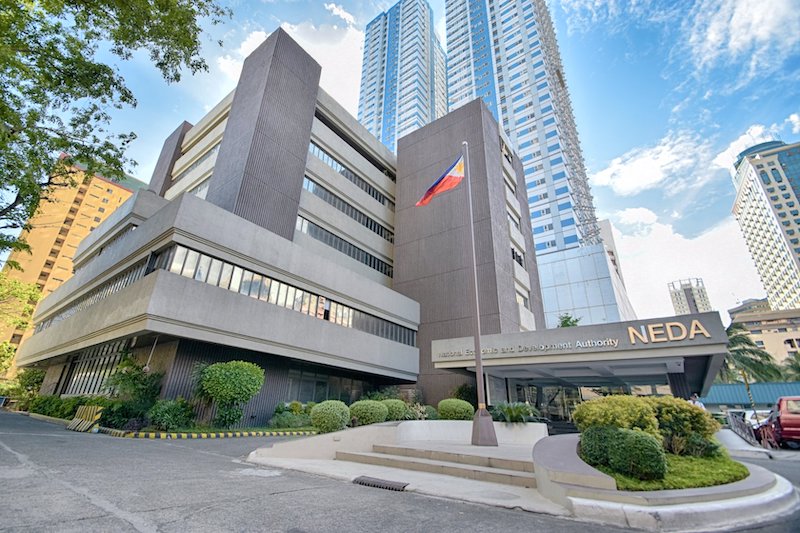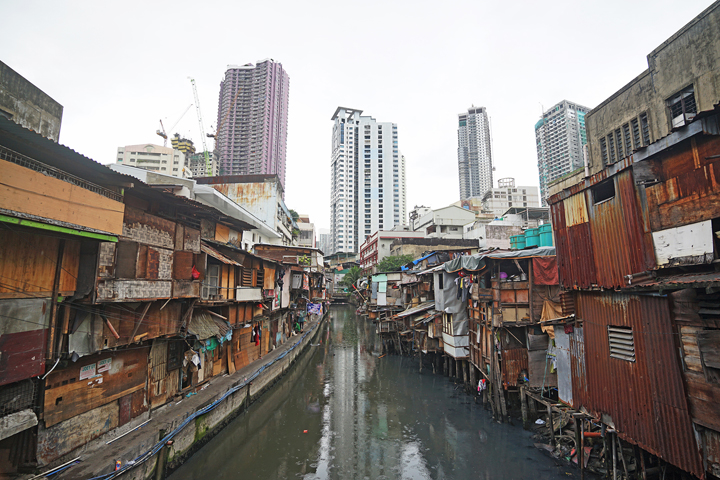THE chairman of the House Committee on Ways and Means on Tuesday issued a rebuttal to arguments of retired Supreme Court Associate Justice Antonio Carpio questioning the constitutionality of the House-approved New Public Service Act.
Albay Rep. Joey Sarte Salceda, the panel chairman and principal author of the measure, made a statement after Carpio said the bill, which excludes telecommunications from the list of public utilities under the New Public Service Act, is unconstitutional.
“There are two arguments against the constitutionality of the amendments, which we expect will create jobs, lower consumer prices, and improve the quality of telecommunications services: 1) that telecommunications is a public utility and Congress does not have the power to change the “clear” intent of the framers of the Constitution; 2) that radio frequencies are a natural resource subject to the 60/40 foreign equity limitation under the Constitution,” Salceda said.
“The argument is that you cannot change the definition of a public utility. That’s not true. In fact, the Supreme Court already sanctioned the declassification of public utilities which were enumerated in the Public Service Act, which was cited in the deliberations. For example, the Supreme Court has upheld the removal of “shipyards” from the definition of “public utility” and has noted that power generation is no longer considered a public utility operation,” Salceda explained.
Carpio said the SC may reject the measure should it become a law, the High Court being the final interpreter of words and phrases in the Constitution.
“As for the idea that radio frequencies are a natural resource, that interpretation can lead to several absurdities. Foreigners would be banned from using devices that utilize radio frequencies, such as cellular phones and laptops. Furthermore, the idea that radio frequencies are somehow in the same class as exhaustible natural resources such as water and air would be, frankly, an odd interpretation,” Salceda added.
House Bill 78 aims to amend the antiquated Commonwealth Act No. 146 by providing a clear distinction between public service and public utility. Under the bill, public utilities will only cover the following: distribution of electricity; transmission of electricity; water pipeline distribution system; and sewerage pipeline system. Public utilities, as stated in Article 12, Section 11 of the 1987 Constitution, must be solely operated by firms that are 60 percent owned by Filipinos.
Industries that fall outside of the aforementioned definition will be open to full ownership by foreign investors.
This arrangement, according to the measure’s sponsor Sharon Garin, is set to supplement Filipino capital, boost competition, and reduce prices of goods and services for Filipino consumers. She chairs the House Committee on Economic Affairs.
“Eliminating the ambiguity of the law is one thing, but what we are really after is providing a strongly-rooted, comfortable, and secure life for all Filipinos,” said Garin, echoing the National Economic and Development Authority’s (Neda) AmBisyon 2040.
Garin also quelled fears over the expected influx of foreign investors, claiming that safeguards are well in place to protect the interest of Filipinos. One safeguard she cited is limiting the number of foreign employees in public services to 25 percent. This provision, she maintains, will secure more employment opportunities for Filipino workers.
Meanwhile, Salceda said nothing stops lawyers and other concerned groups from filing petitions to declare a law unconstitutional.
“We in Congress have an obligation to make laws that will benefit the public and the economy. If it is unconstitutional, and the Supreme Court declares so, we will abide. But the Supreme Court does not have the power to do our jobs as a co-equal branch, and thankfully, it has not done so,” said the lawmaker.
“We will not stop anyone from filing petitions with the Supreme Court. But we will press on with lawmaking, as is our constitutional duty,” Salceda said.
Paranoid
Meanwhile, Salceda added that the country’s investment restrictions are the most “paranoid” in the world.
“The FDI restrictiveness index of the Organisation for Economic Cooperation and Development [OECD] shows the Philippines to be the country most restrictive to FDI among all the countries they assessed, except the conflict-torn countries of Palestine, Libya, and Algeria. In Asia-Pacific, we are definitely the worst. That means, whatever effort we do to attract investments, until we change our FDI restrictions, we will always fail,” Salceda said.
“With all due respect to the critics of the PSA amendments, when our laws are not good enough, we in Congress have a duty to change the laws to benefit the public interest. It’s the duty of the courts to strike down any law that does not satisfy the Constitution, but our duty is to make laws. If we do not act, simply because of the threat of a petition against constitutionality, we will be shirking from our duty,” Salceda added.


























